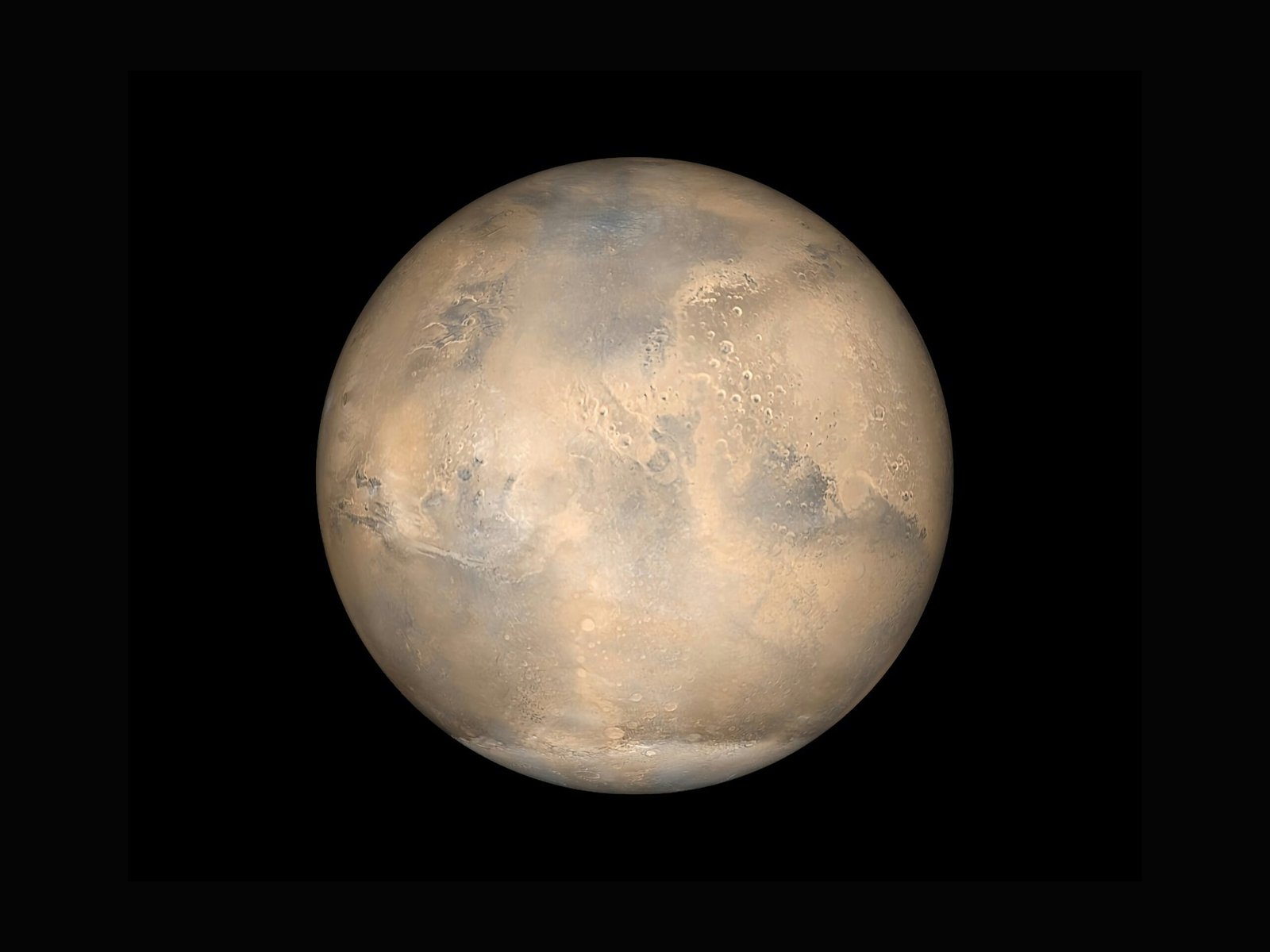
Introduction to ISRO and its Mission
The Indian Space Research Organisation (ISRO) is the space agency of the Government of India, established in 1969 with the vision of harnessing space technology for national development. ISRO’s inception was driven by the need to leverage the capabilities of space exploration to address various socio-economic challenges faced by India. Over the decades, ISRO has evolved significantly, emerging as a key player in the global space arena, while maintaining its focus on serving the nation’s development needs.
ISRO’s core mission emphasizes the advancement of space technology, which encompasses a broad spectrum of activities ranging from satellite development to launch vehicle design and satellite applications. One of its primary objectives is to provide timely and reliable satellite services to facilitate communication, broadcasting, meteorology, and remote sensing. By prioritizing these aspects, ISRO has contributed greatly to sectors such as agriculture, education, disaster management, and urban planning, thereby enhancing overall quality of life and supporting India’s growth trajectory.
ISRO is often viewed as an underdog when compared to major space agencies like NASA or the European Space Agency. This perception originates from its relatively modest budget and resources. Nonetheless, the organization has achieved remarkable milestones, such as the Mars Orbiter Mission (Mangalyaan), which made India the first Asian nation to reach Martian orbit and the fourth space agency worldwide to do so. Such accomplishments highlight ISRO’s innovative approach and determination to push the frontiers of space science despite constraints.
In essence, ISRO represents a unique blend of ambition, ingenuity, and dedication. Its continuous pursuit of excellence in space research and applications not only showcases India’s capabilities in space exploration but also underscores its vital role in addressing pressing global challenges through technology. The journey of ISRO is a testament to how an organization, starting as a modest initiative, can evolve into a highly respected entity in the field of space exploration.
Key Achievements and Milestones
The Indian Space Research Organisation (ISRO) has built a formidable reputation in the realm of space exploration through a series of significant milestones and groundbreaking achievements. From its inception in 1969, ISRO has consistently demonstrated its ability to overcome challenges and budgetary constraints, enabling it to become a noteworthy player on the global stage. One of the most remarkable milestones in ISRO’s history is the successful launch of its Mars Orbiter Mission (Mangalyaan) in 2013. This mission not only marked India’s first venture into interplanetary exploration but also established ISRO as the fourth space agency globally to reach Mars, following Russia, the United States, and the European Space Agency.
Furthermore, Mangalyaan is celebrated for being the first mission to execute a maneuver called Mars Orbit Insertion on the first attempt, showcasing ISRO’s exceptional technical prowess and strategic planning. The mission was delivered well under budget, costing approximately $74 million, which is a fraction of the expenditure of similar missions conducted by other countries. This achievement highlighted ISRO’s commitment to achieving remarkable feats, even with limited funding.
In addition to its notable successes in interplanetary missions, ISRO has also conducted a plethora of satellite launches, including the Polar Satellite Launch Vehicle (PSLV) which has become known for its reliability and efficiency. The PSLV has successfully launched numerous satellites for both domestic and international clients, including the record-breaking launch of 104 satellites in a single mission in February 2017. Such accomplishments have fostered collaboration with other space agencies, amplifying India’s influence in the international space community.
ISRO’s increasing role in global space exploration is further underscored by its partnerships with agencies like NASA and the European Space Agency. These collaborations have facilitated shared technological advancements and knowledge exchange, enhancing ISRO’s capabilities. In conclusion, ISRO’s unwavering dedication and resilience, despite facing various obstacles, position it as a significant player in the overarching narrative of space exploration.
Technological Innovations and Unique Approaches
The Indian Space Research Organisation (ISRO) has consistently demonstrated a remarkable ability to innovate within the field of space exploration, particularly through its unique and cost-effective methodologies. Over the years, ISRO has developed a series of technological advancements that have set it apart from many other space agencies around the world. One of the defining characteristics of ISRO’s approach is its focus on frugal engineering, which aims to maximize output while minimizing expenditure. This strategy has allowed ISRO to achieve ambitious missions, such as the Mars Orbiter Mission (Mangalyaan), at a fraction of the cost incurred by counterparts like NASA or ESA.
Central to ISRO’s success in cost-effective space exploration is its development of indigenously manufactured launch vehicles, such as the Polar Satellite Launch Vehicle (PSLV) and the Geosynchronous Satellite Launch Vehicle (GSLV). These vehicles have not only enabled ISRO to deploy satellites for various applications but have also paved the way for international collaborations and commercial satellite launches. The PSLV, in particular, has gained a reputation for its reliability, launching over 300 satellites for various countries, showcasing ISRO’s capability on the global stage.
In addition to launch vehicles, ISRO’s advancements in satellite technology are noteworthy. The agency has developed several types of satellites, including communication, weather, navigation, and earth observation satellites, which have become integral to various sectors including agriculture, disaster management, and urban planning. These innovations serve valuable functions, not just for India but also for many developing nations, enabling them to leapfrog into the new era of space technology.
Overall, ISRO’s technological prowess and unique methodologies highlight a commitment to achieving excellence in space exploration, making it a formidable player in both national and international contexts.
The Future of ISRO and Global Impact
As the Indian Space Research Organisation (ISRO) charts its course for the future, it is poised not only to advance its own national objectives but also to play a vital role in the international space community. Upcoming missions, such as the Gaganyaan crewed spaceflight program and the Aditya-L1 mission targeting solar research, underscore ISRO’s commitment to pushing the boundaries of human understanding and technological innovation in aerospace. These missions will mark significant milestones, not only for India but for global scientific collaboration, demonstrating ISRO’s enduring aspiration to contribute meaningfully to humanity’s journey in space.
ISRO’s future initiatives are not limited to advancements in technology; the organization aims to foster greater partnerships with space agencies around the world. By engaging in collaborative projects, ISRO is striving to create a more cohesive global approach to space exploration. Initiatives such as the International Space Station (ISS) partnerships and joint missions with entities like NASA and ESA signify a shift towards a more inclusive model of exploration, where sharing knowledge and resources is pivotal for addressing complex challenges such as climate change and planetary defense.
The narrative of ISRO as an underdog in the realm of space exploration should not be understated. Its journey, from humble beginnings to global recognition, serves as an inspiring example for other nations and emerging space programs. Countries with limited space capabilities can draw lessons from ISRO’s strategic planning, frugal innovation, and focused execution. This position as an inspirational figure in global space affairs enhances ISRO’s potential to lead collaborative efforts, especially for nations seeking to enhance their own space capabilities against formidable odds.
In summary, ISRO’s future initiatives and collaborative efforts are set to redefine its role in global space exploration. By continuing to push for advancements and fostering international partnerships, ISRO not only aims to leave a significant mark on the cosmos but also to inspire a new generation of space explorers worldwide.


















